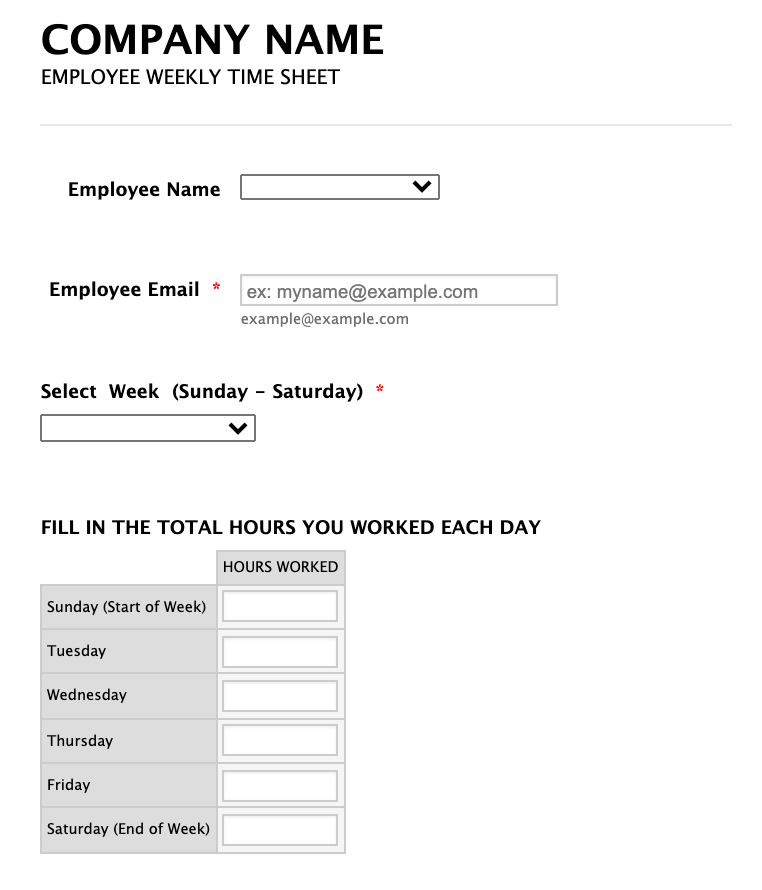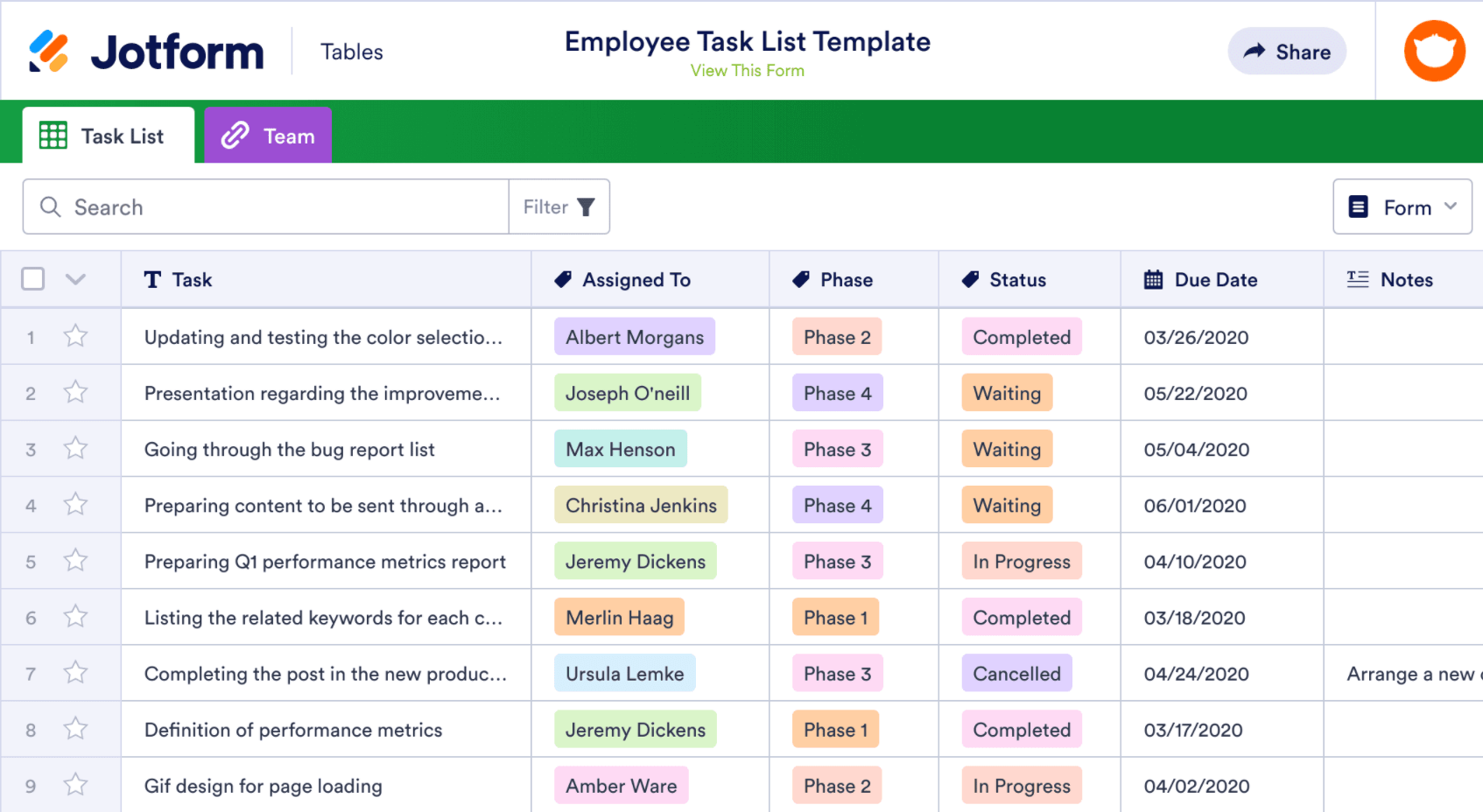Project time management means making sure you complete all processes involved in a project on time — and in the most efficient way possible. It’s a balance between the resources you have available (like time) and the various deadlines you have to meet.
To successfully manage time, project managers have to analyze the steps needed to complete each deliverable, create a schedule to align with those steps, and allocate the resources necessary to get them done. But, as much as you might plan ahead, there’s always the possibility something unexpected will pop up that disturbs the timeline you initially proposed.
So, flexibility is key. Effective project managers must consistently reevaluate the plan throughout a project and make necessary changes when external or internal factors affect their timeline. To do so, they need a robust suite of tools and time-management solutions to keep track of progress every step of the way.
The importance of project time management
Effective time management determines how you handle a project, how much time it takes to complete it, the quality of the finished product, and the final cost — among other factors. Even the initial planning phase helps stakeholders understand how much time it will take to complete the project satisfactorily, who will work on it, and what their roles will be.
What’s more, providing a timeline before your team begins a project creates benchmarks you can use to judge a project’s progress over time. Here are some more of the benefits of effective project time management:
- Increases the likelihood executives, managers, and team members will meet their goals
- Helps projects stay on budget (and provides insight into what went wrong when they don’t)
- Allows team members to grow and improve in their roles by providing insight into what’s working and what isn’t
- Increases productivity by helping team members efficiently manage their time
- Prioritizes work effectively, allowing project team members to focus on specific tasks instead of being overwhelmed by future tasks
- Reduces the stress of working on a project and improves the working environment
Best practices for successful project time management
Here are four tips to help you and your team meet deadlines and handle roadblocks with ease.
- Set bite-sized goals for each day based on larger monthly or quarterly objectives
Starting out with a big-picture objective is a great way to set clear guidelines for how a project should move forward. But, to avoid paralyzing your team with the amount of work ahead, you can set smaller goals that will build up to your larger objective. Setting daily and/or weekly goals will ensure your team easily meets their deadlines.
- Break down tasks into their simplest components
To figure out those smaller goals, you’ll first need to break down your complex objectives and simplify them into more manageable tasks. It’s easy for both you and your team to get lost in the weeds when you have a complicated workload ahead of you.
Breaking down your projects into their various parts will help you identify the amount of time your team will need to complete each item satisfactorily. You can then distribute the workload to your team members based on their individual strengths.
- Prioritize the work that will make the biggest difference
The Pareto Principle, a well-known management concept, says you’ll achieve 80 percent of your results from just 20 percent of the work you do. Simply put, some tasks are more important to successfully completing a project than others. Identify those tasks and elevate them to priority status so your team can respond accordingly.
- Plan regular reviews of your process
You can put together the world’s most perfect plan, and life can still get in the way, no matter how much you prepare. It’s best to admit you need to make changes sooner rather than later, especially for successful project time management.
As a part of your planning, incorporate reviews into your timeline to examine how your team is managing their time and whether you need to make any adjustments. This will give your team a chance to offer feedback and improve the process where necessary.
Jotform project time management solutions
Often, the hardest part of project time management is keeping track of all the information you need to take into account. However, there are solutions available, like online form builder Jotform, that can help you better manage your project deadlines.
Jotform offers customizable form templates, like employee timesheets and end-of-day reports, to help you keep an eye on how your employees spend their time and whether you need to adjust their responsibilities.
With Jotform Tables, you can take form functionality even further with multiple project management spreadsheet templates, including individual employee task lists and a project tracker. These templates can help you and your team manage multiple projects at once by combining information gathered from different forms.
Prioritizing goals and distributing tasks while adhering to a specific timeline is undoubtedly challenging, but you can handle it by implementing these solutions and having a solid grasp of project time management.



































Send Comment: